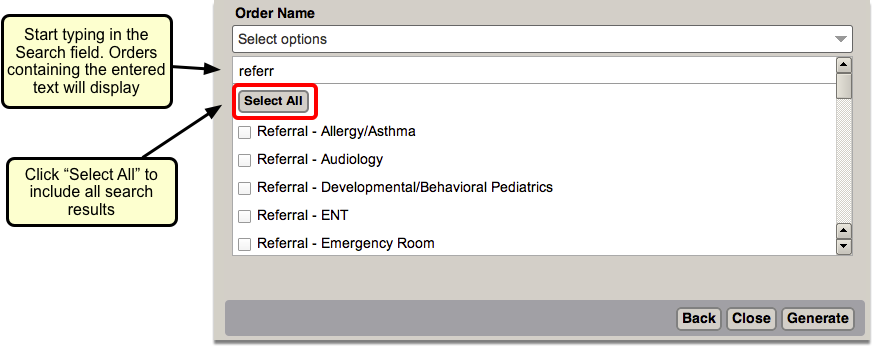


In this scenario, if the received date and time of the copied item are the oldest in the message table at the end of a page request, this information might be used by the query for the next page request. However, the copied item will still retain the received date and time of the original, older message. For example, if a recently created item in the message table is a copy of an older item, it will be grouped with items in the table that have newer received dates and times. In some scenarios, the time stamp information that's passed on to a subsequent page request might not be correct. In each subsequent page request, the oldest received date and time from the previous page request are added to the query as the time stamp that marks where to begin the search. The search results are paged as part of the search process, when appropriate, to avoid overloading the server. Therefore, the items in the message table that were created most recently are queried first. In Exchange Server 2019, the default eDiscovery search query setting uses a No Search Folder query context type. This behavior indicates that the items that were missing from the search results of the previous query are indexed and searchable but aren't returned when you use a broader search query. Recipient: if you use a more targeted search query that uses the following parameters, you get accurate results:.If you use a broader search query that uses the following parameters, you might see an incomplete set of results that's missing items that you know should be included: However, you get accurate results if you use a targeted search query.įor example, consider a scenario in which the objective is to search for mail items in a specific date range that have the keyword "holiday" as part of the Subject field. This behavior also occurs when you use other search methods. In Microsoft Exchange Server 2019, when you use eDiscovery to search for content in mailboxes, and the expected number of search results is greater than 500 items, the search returns an incomplete set of results.


 0 kommentar(er)
0 kommentar(er)
